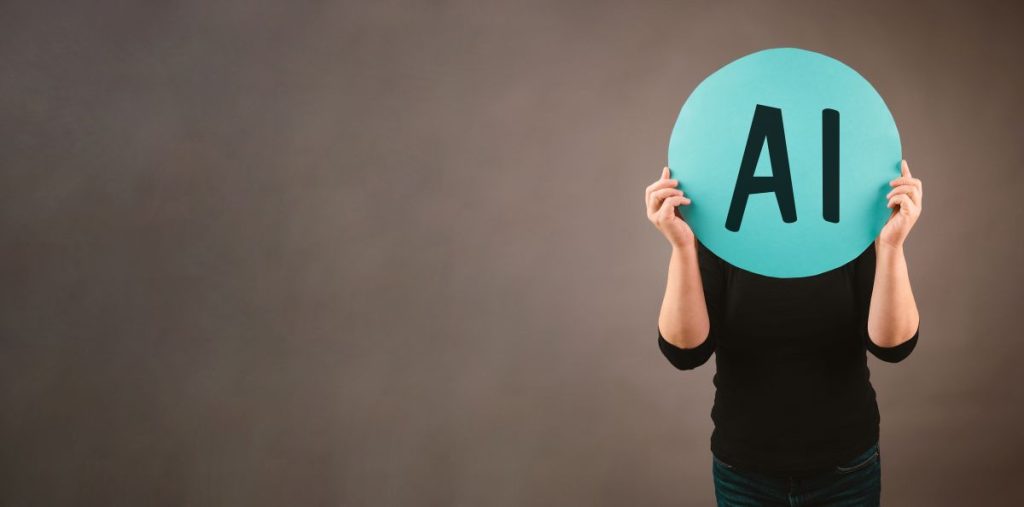
At LlamaCon 2025, Meta’s Mark Zuckerberg suggested AI loneliness companions would end feeling lonely, igniting a wave of questions on whether machines can replace human bonds in a world shaped by digital relationships and social media trends.
Sitting with podcaster Dwarkesh Patel, Zuck pointed out a stark reality where an “average American has fewer than three friends,” arguing the answer may not be the most ideal thing anyone would want to hear.
Regarding mental health, the social godfather added, “I think people are going to want a system that knows them well and understands them in the way that their feed algorithms do.”
Zuckerberg’s comments held weight because they questioned a real crisis. Nowadays, more people feel isolated, with studies showing face-to-face interactions have dropped dramatically over the past few years.
But is turning to chatbots the solution?
ChatGPT-like AI platforms have shown that they are able to offer comfort, rated highly by users in mental health contexts, and are always on duty. These very same chatbots can also be shaped to fit different personality types, unlike best friends in the world.
But there is a limit to what AI can and cannot offer. Real relationships are messy and full of ups and downs, but at the same time, they teach us patience, empathy, and resilience skills. No machine can substitute these feelings.
Even If AI Can Cure Loneliness Should It, We Should Not Rely on It
Social media has already changed how we define relationships. Platforms like Meta don’t just unite people, they also define the connection, setting norms on how friendships, love, and family bonds are portrayed.
Many follow these scripted roles, so much so that most crave online validation over genuine connections, nourishing a culture whereby relationships are carefully constructed to be observed and sometimes do not have real depth and it’s not that social media and various platforms do not define the reality of one’s relationship.
AI friendships raise deeper fears on social disconnection, can take this to an even higher level. Neuroscientists like Marco Iacoboni emphasize that face-to-face interaction activates brain regions required for emotional bonding.
Psychologists like Julianne Holt-Lunstad of Brigham Young University argue that human relationships reduce not just stress, but genuine health risk like heart disease. We risk losing touch with what it’s like to really connect with people. We might lose sight of taking time with the people, our communities, our families, and we ourselves require and deserve.
Zuckerberg isn’t wrong about the scale of the AI loneliness problem. But the answer isn’t more algorithms. It’s about regaining trust, reviving public spaces, and making sense with each other in the physical world.
Can AI Help with Loneliness
While Zuckerberg’s vision of AI friendship resonates strongly with our growing isolation, it immensely risks deepening the very problem it seeks to solve. Technology may offer brief comfort, true, but it can’t teach us how to be vulnerable, to listen, or to learn through the imperfections of human connection. When we start outsourcing friendships into machines, we’re not just losing depth, we’re losing the ability to create it.
Social media already affects the way we envision relationships, spoon feeding us carefully delusional visions of what love, friendship, and connection are supposed to be. Adding AI friends to this mix may only further distance us from what’s real.
If we’re not careful, we’ll trade meaningful human bonds for digital replicas and forget what it felt like to truly belong resulting in a state of AI loneliness.
Inside Telecom provides you with an extensive list of content covering all aspects of the tech industry. Keep an eye on our Intelligent Tech sections to stay informed and up-to-date with our daily articles.